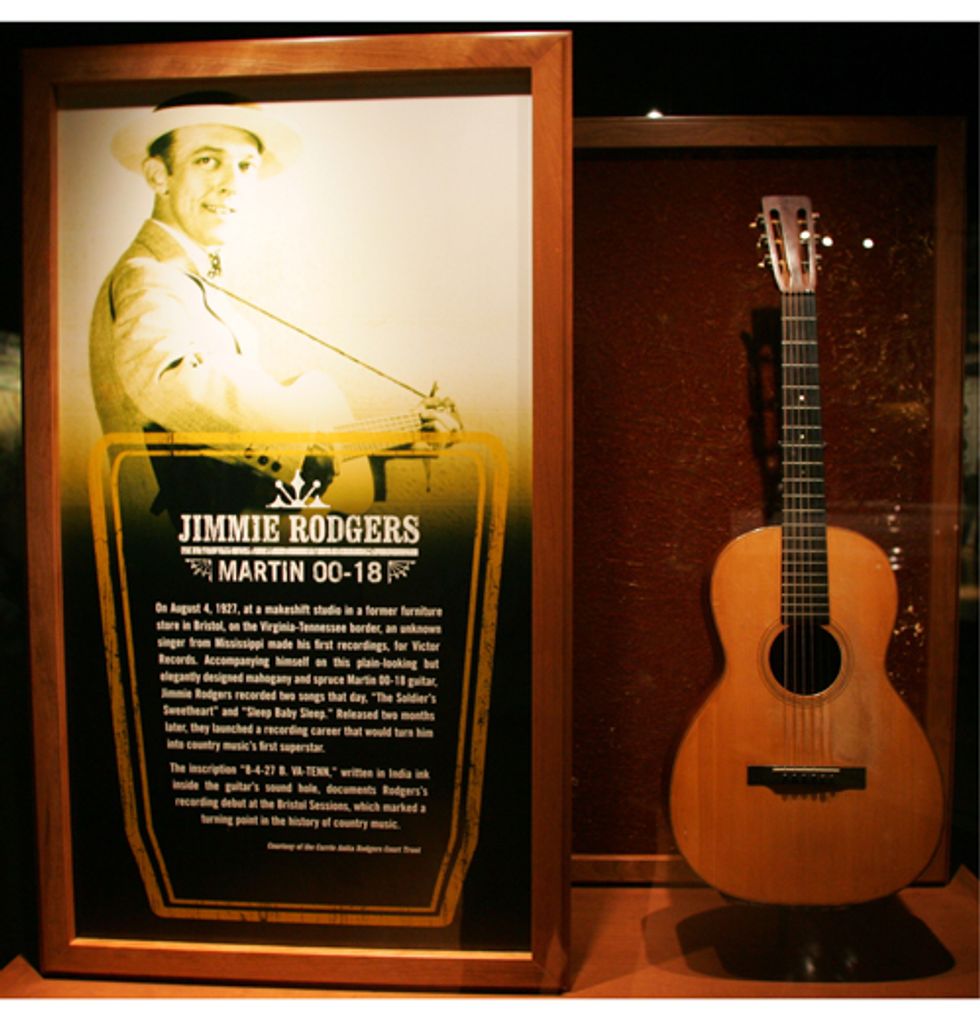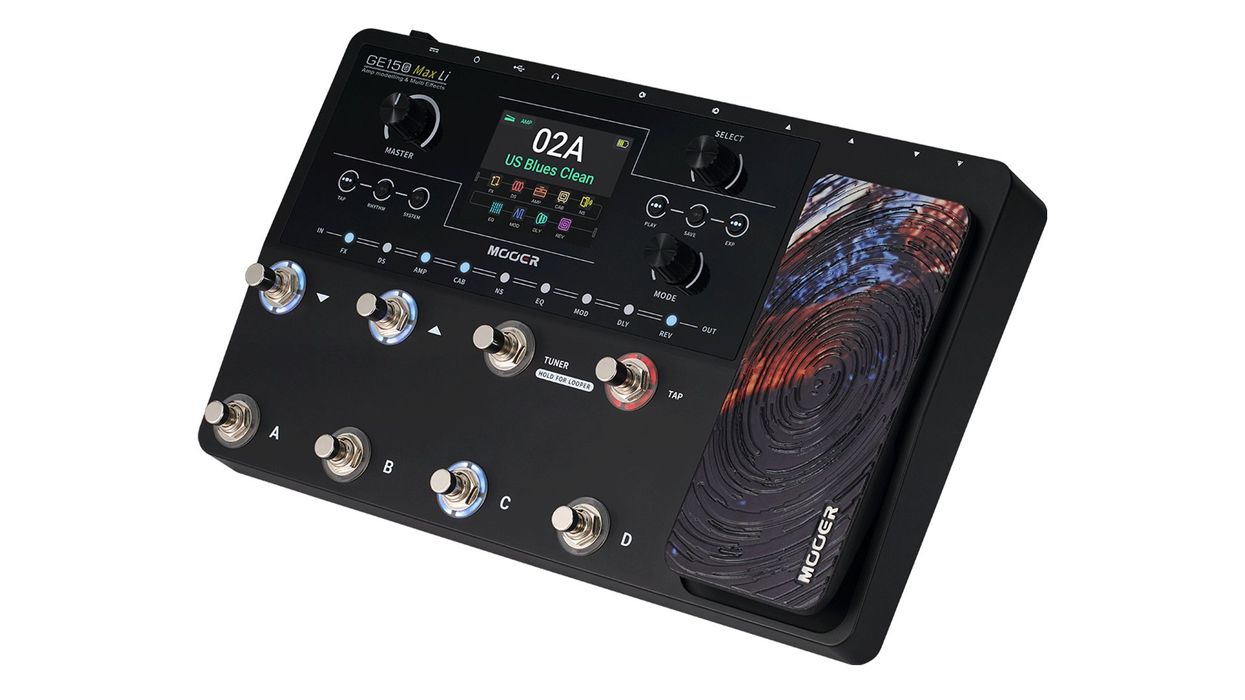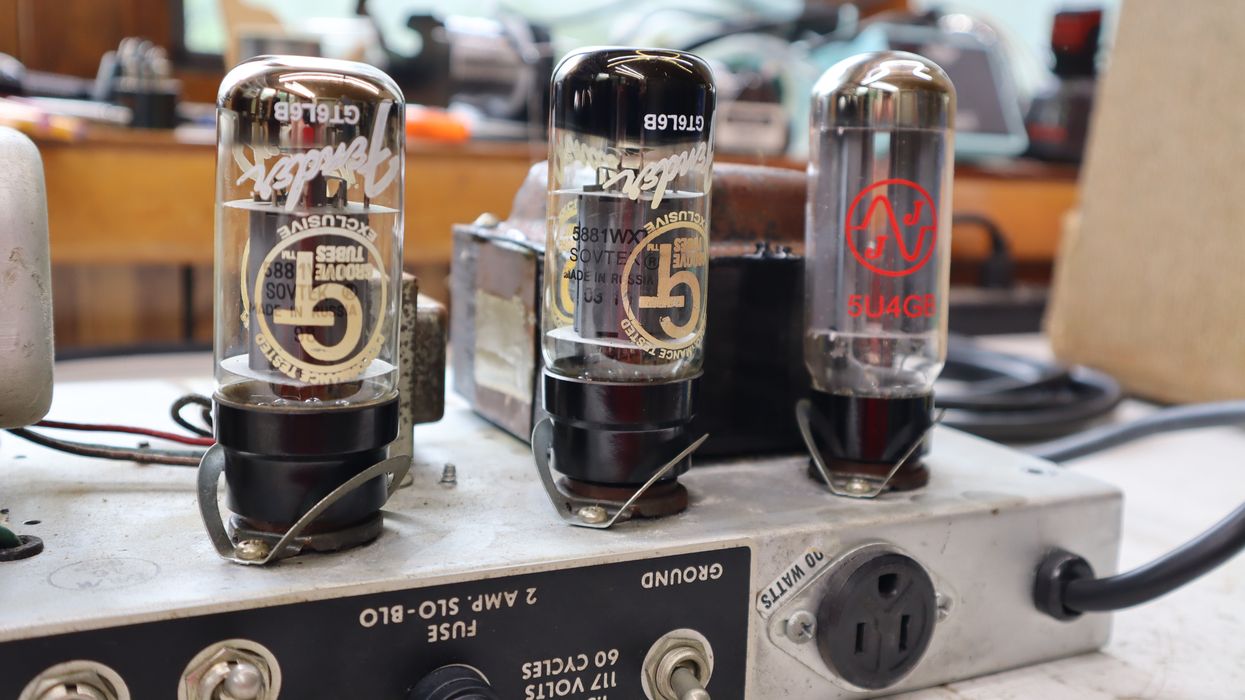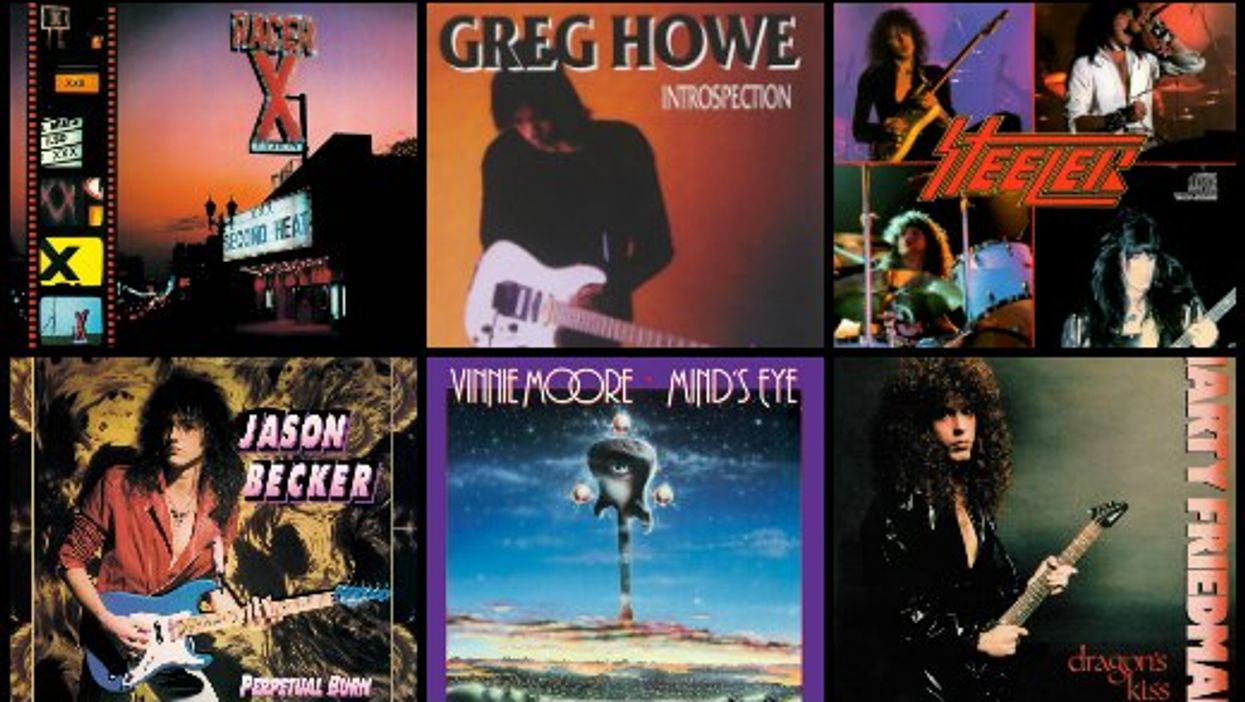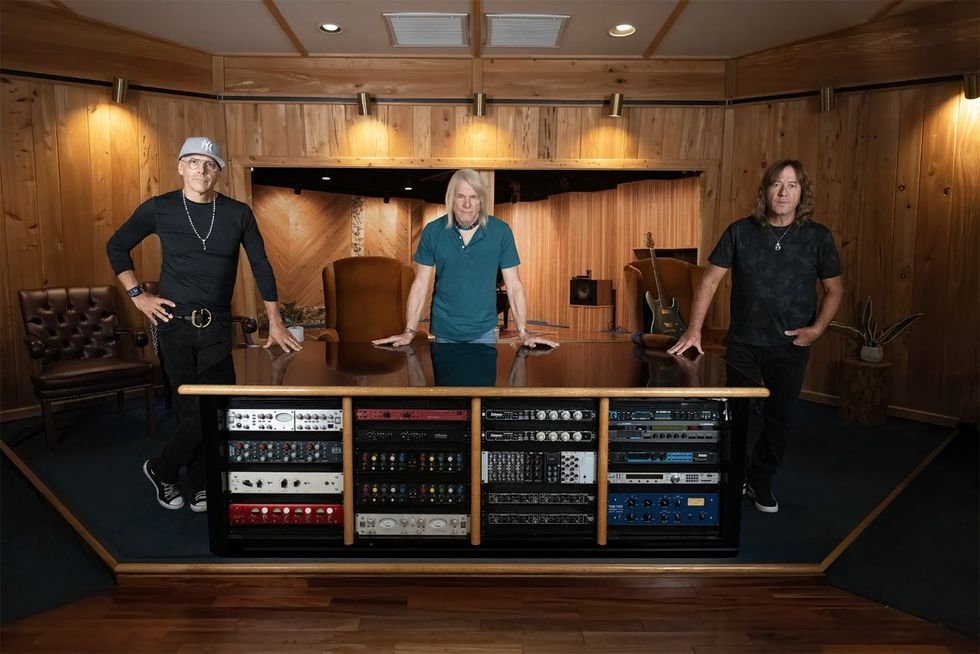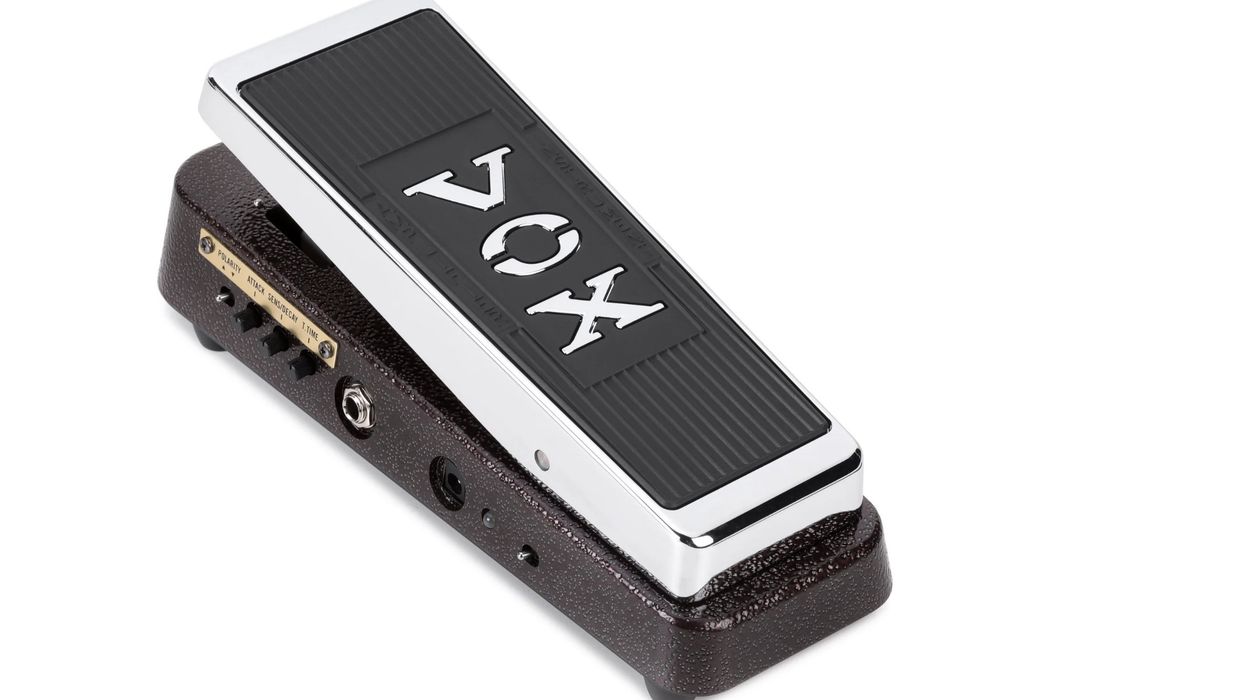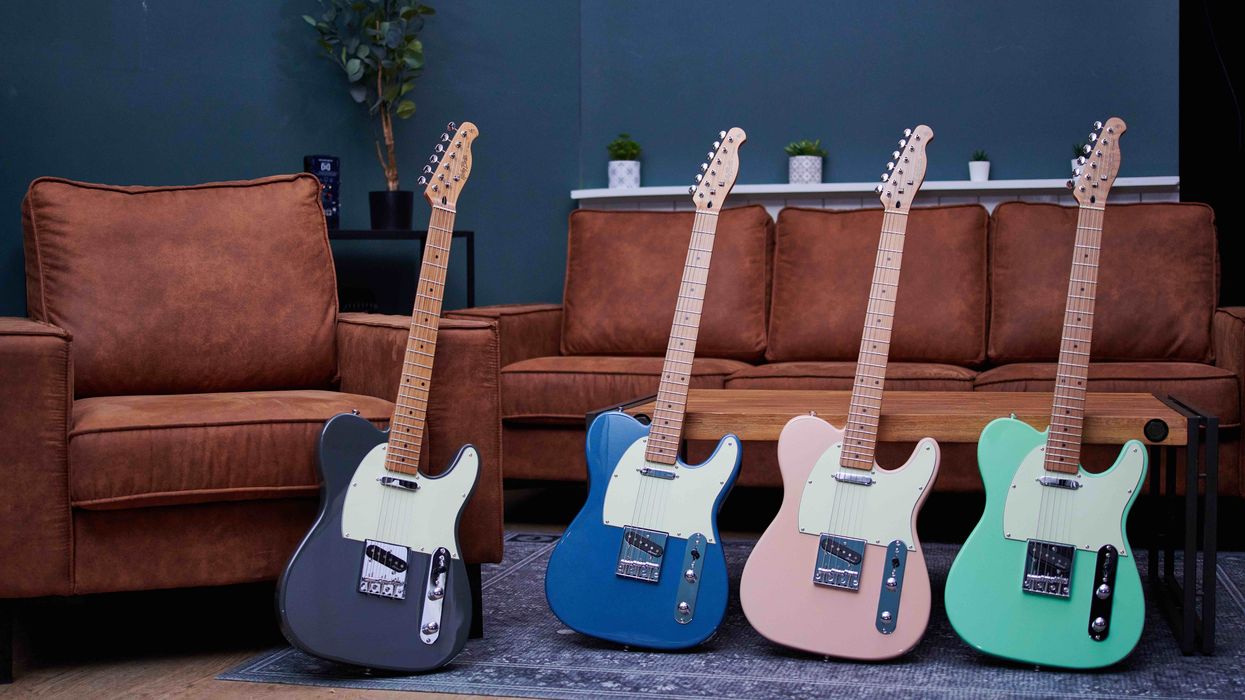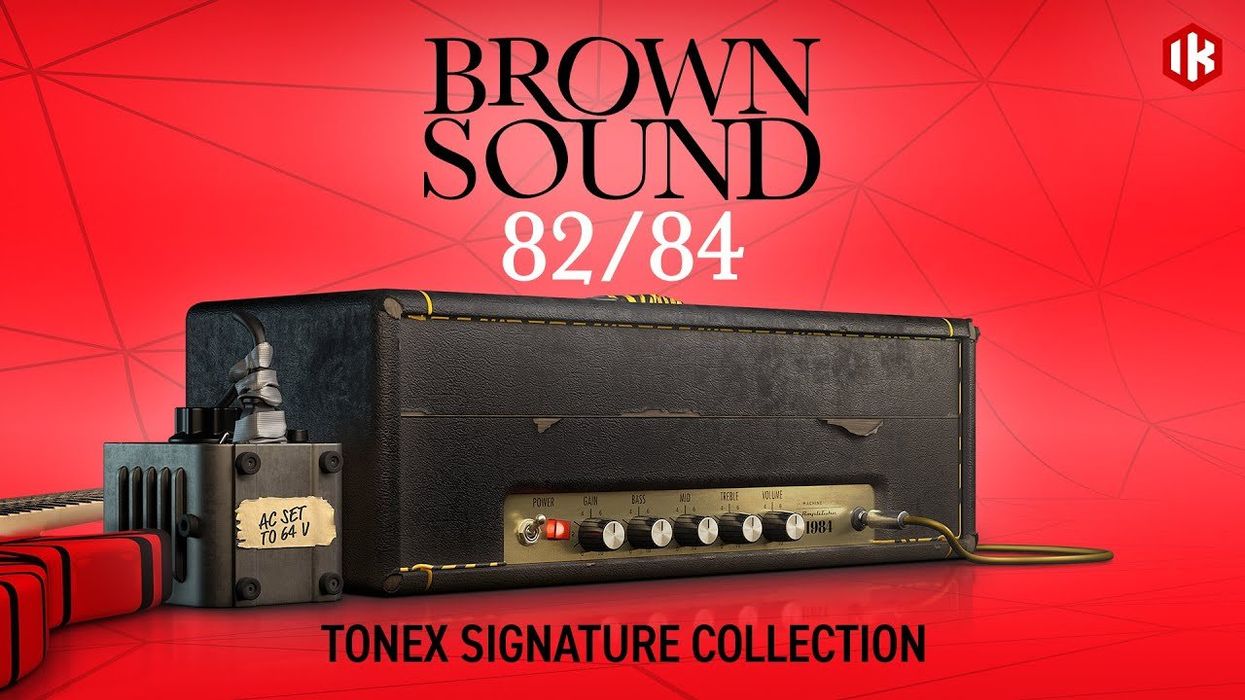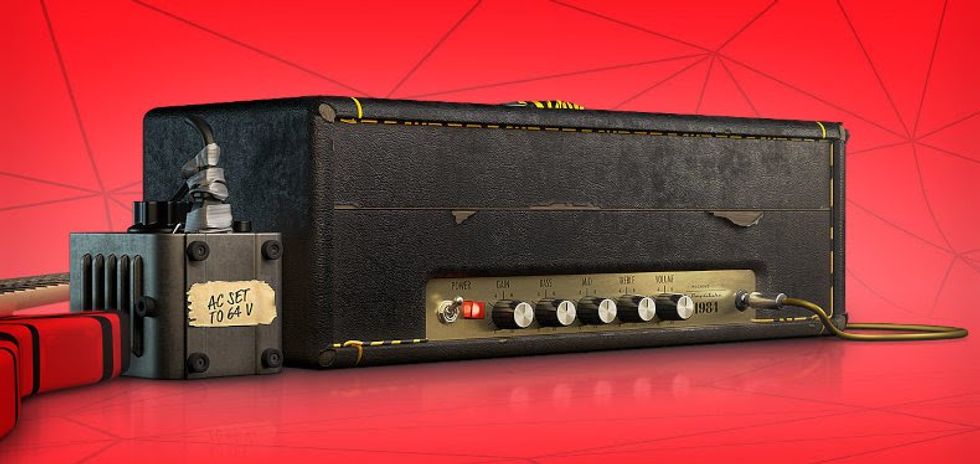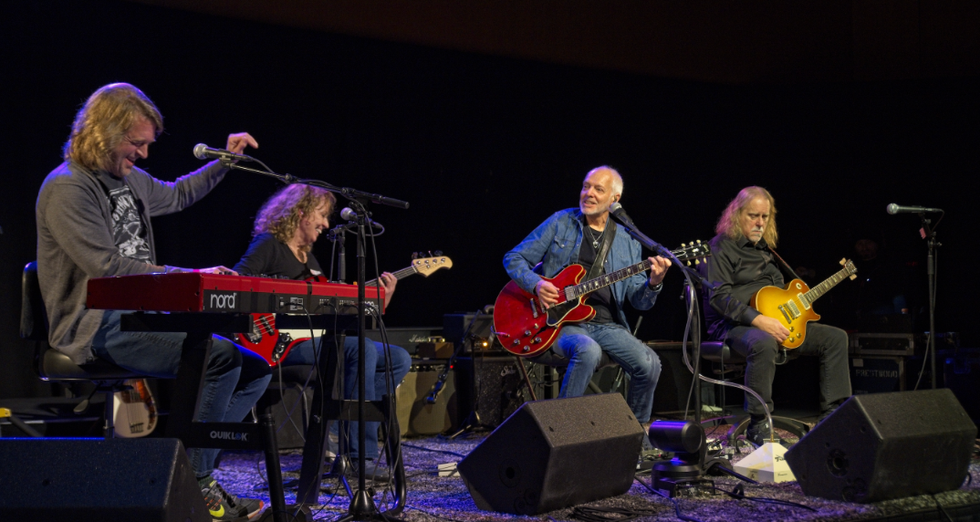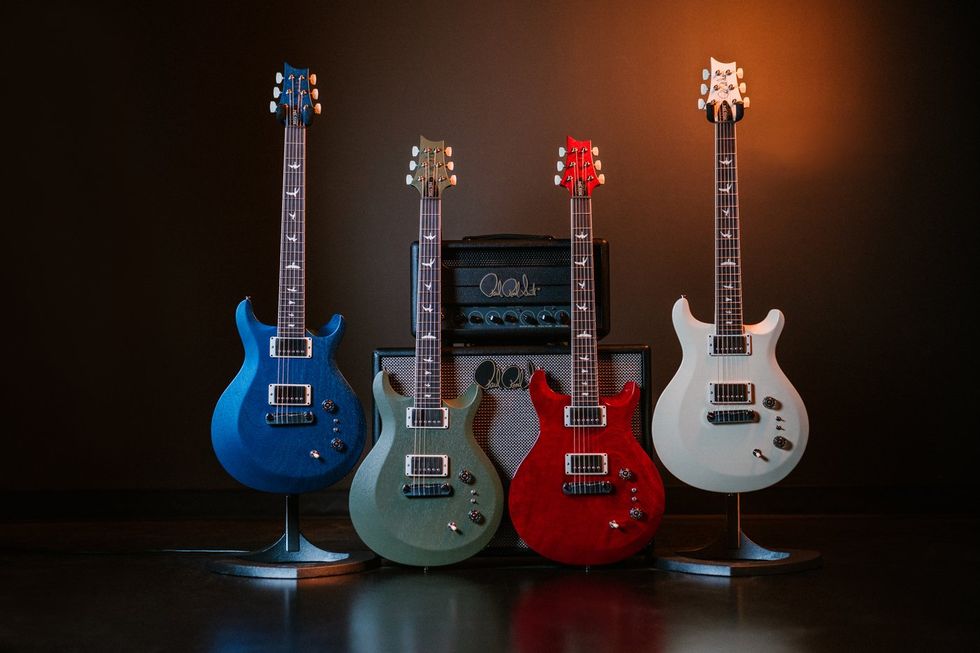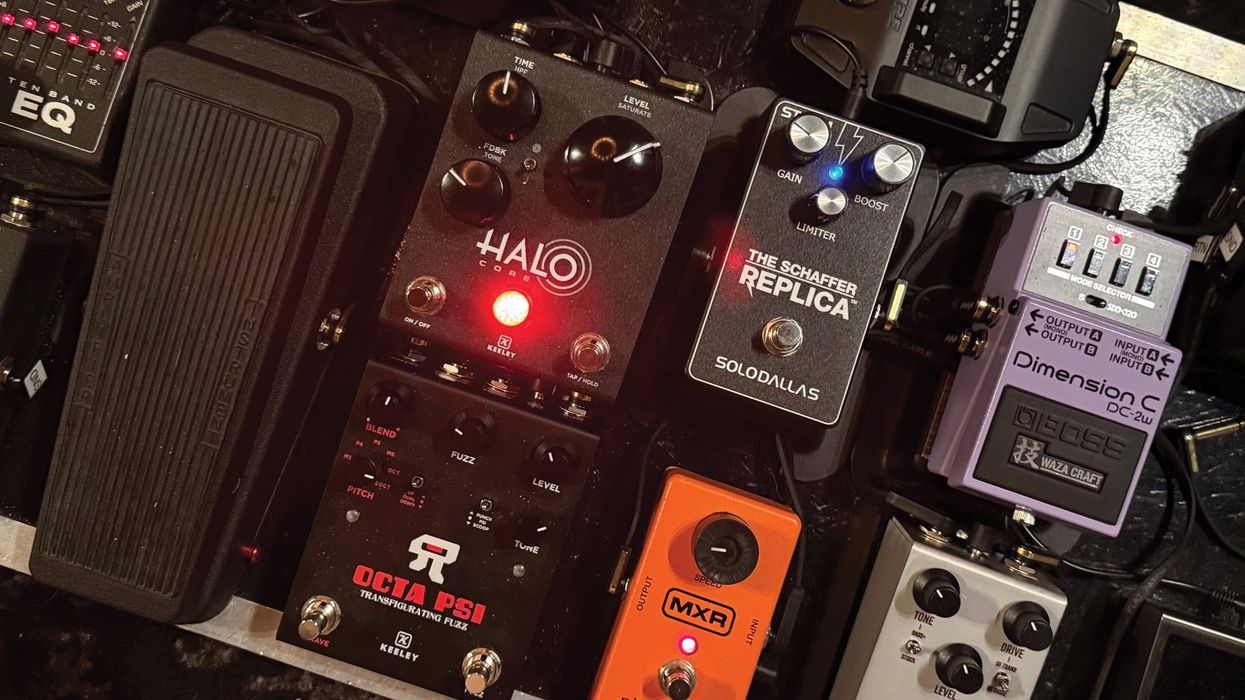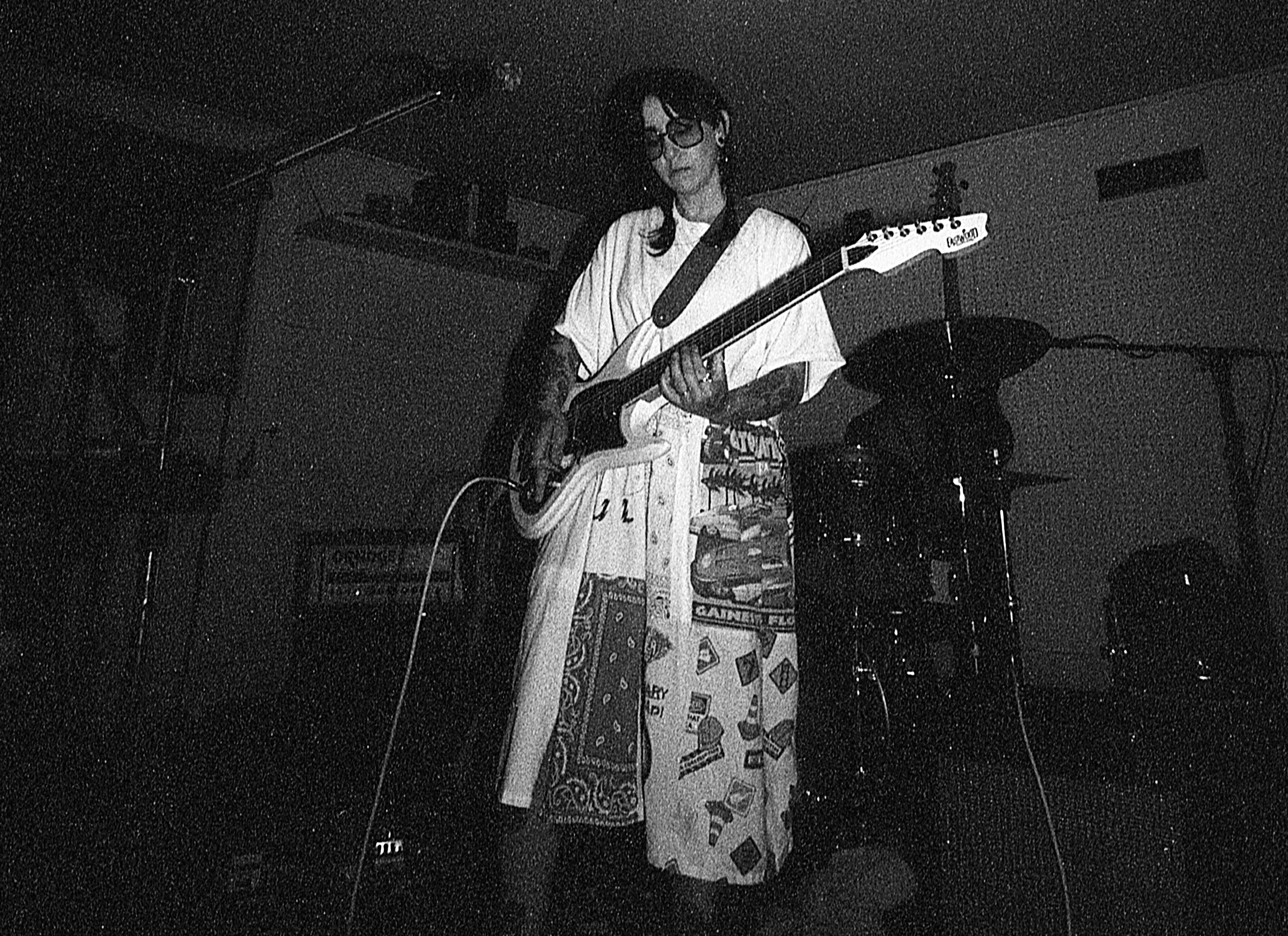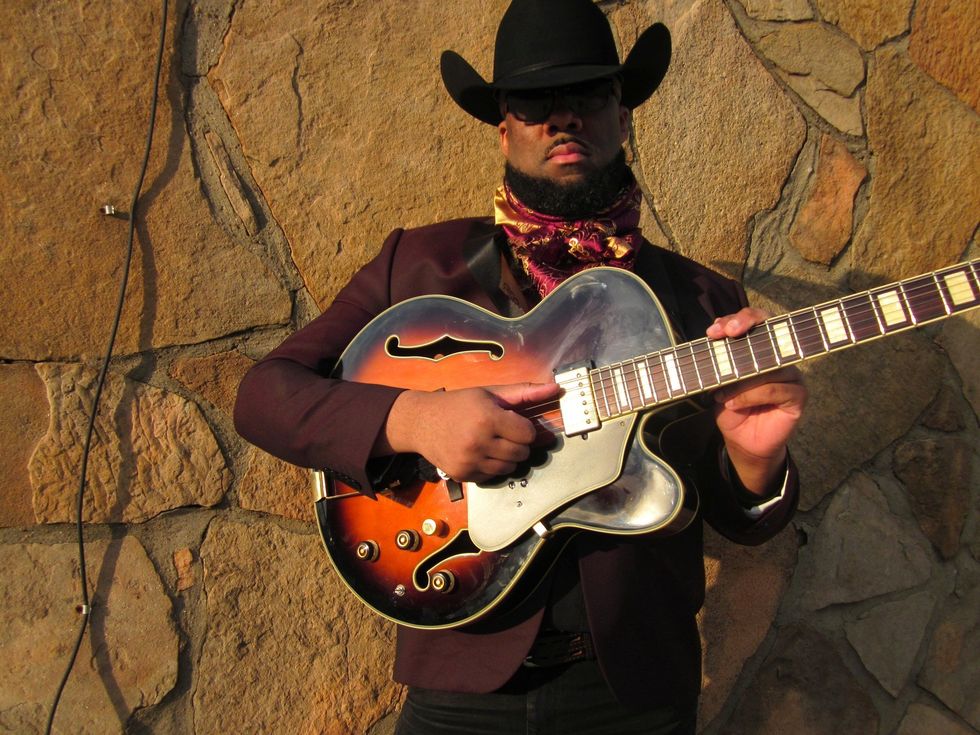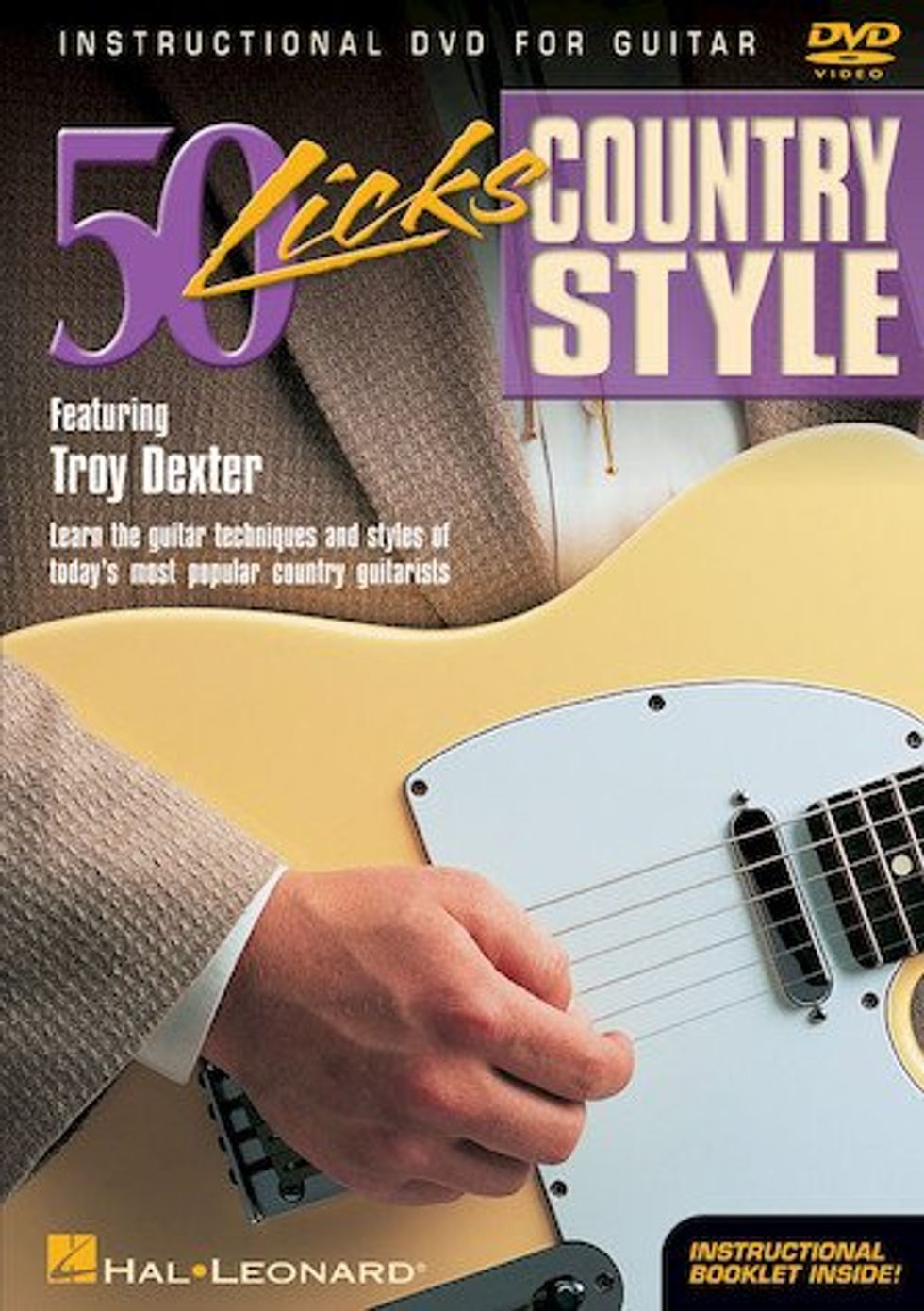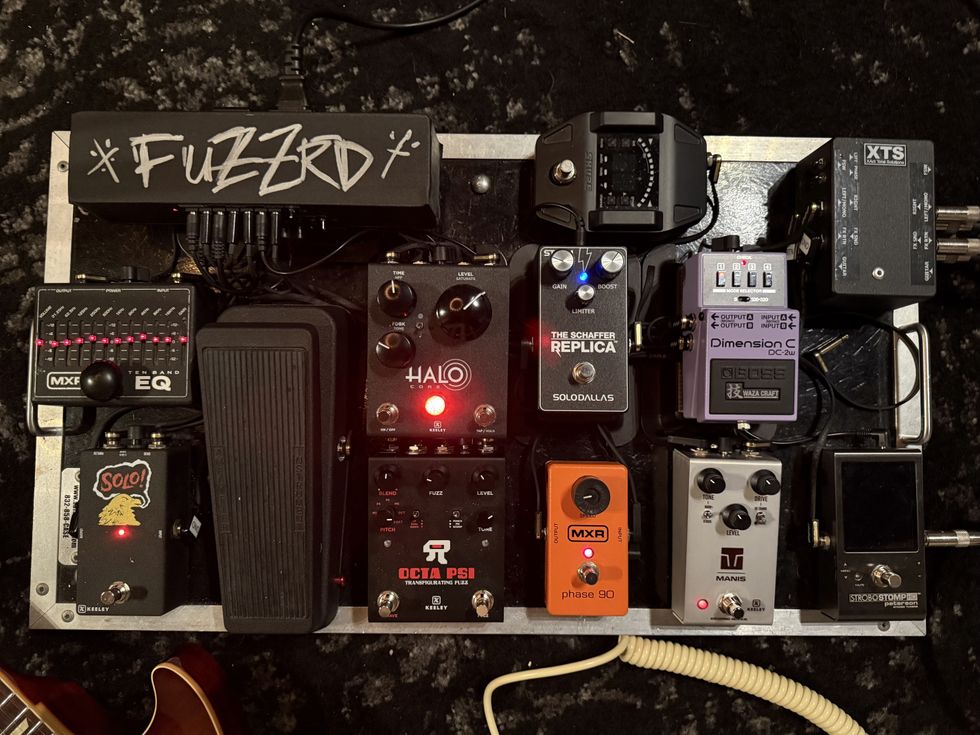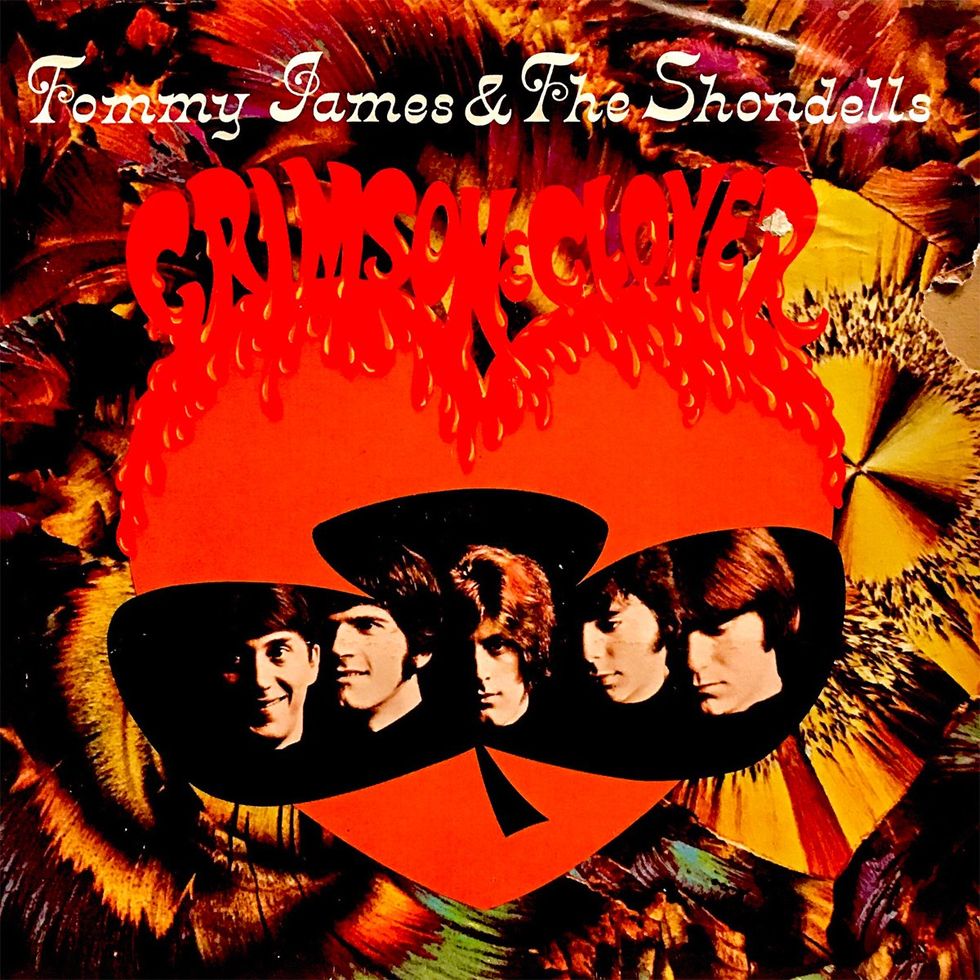Abingdon, VA – (October 2, 2007) Renewed interest in Jimmie Rodgers, the Father of Country Music, is shedding light on the instruments he used in a brief, yet groundbreaking career. A new live show about Rodgers life and music, Jimmy Rodgers: America’s Blue Yodeler, which opened September14th at the Barter Theatre in Abingdon, VA, comes with an added attraction starting next week: a public viewing of an Oscar Schmidt guitar once owned by Rodgers himself.
Billed as one of only three documented guitars owned by Jimmie Rodgers, it is to be publicly viewed for the first time starting Tuesday, October 9, through mid-November, when it leaves the Barter Theatre lobby and goes to the Mountain Music Museum in Bristol, VA, to become part of a permanent display.
News of such a sacred six-string’s surfacing raises some logical questions: Where are the other two? What are the chances there are more out there? How much is a Jimmie Rodgers-owned guitar worth? More importantly – historically speaking – shouldn’t one of these guitars be considered the most important guitar in American history?
As it turns out, over the years a lot of people have claimed to own a guitar that once belonged to Jimmie Rodgers, especially after Rodgers’ biography came out. In Jimmie Rodgers: The Life and Times of America’s Blue Yodeler, author Nolan Porterfield recounted Rodgers’ days of living lean and a bit shady while on the road. He’d buy a guitar on credit from a music store and then sell it at a pawnshop on his way out of town. Pawnshops all over the country were suddenly “discovering” they had a Jimmie Rodgers guitar.
Porterfield tells Premier Guitar that he didn’t anticipate the surge of interest in Rodgers-owned guitars while he was writing the book. “I made little effort to track them down,” Porterfield says. “Now scarcely a month goes by that I don’t get a message from someone wanting me to authenticate a ‘Jimmie Rodgers guitar.’”
Upon contacting the Jimmie Rodgers Museum in Meridian, MS, and a few other experts on the Singing Brakeman, a list of a half-dozen or so known Rodgers-owned guitars began to emerge – some ended up in private hands and the details of others remain sketchy. Among them, there was a Weymann that ended up stolen at some point and a Gibson HG-24. There are stories about Rodgers giving guitars to Bill Bruner and other performers. There’s even a story about Rodgers giving one to a Texas Ranger. However, there are two very famous, well-documented Martins that no one disputes.
The Martins
It’s hard to say which Martin is more significant because both played significant roles in his career. The Country Music Hall of Fame in Nashville has the 1927 Martin 00-18 that Rodgers played at the famous Bristol sessions. The Jimmie Rodgers Museum has his beloved, custom-ordered 1927 Martin 000-45 with his name in pearl inlay on the neck and “Thanks” written upside down on the back.
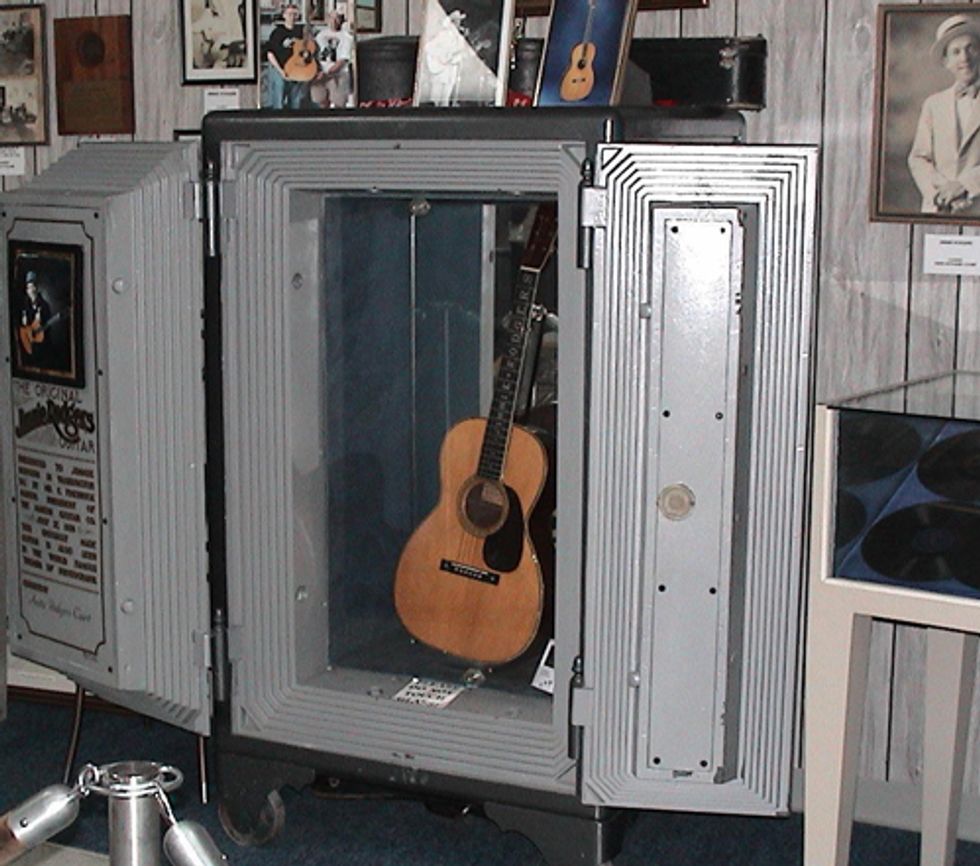
The 000-45 is the one he was often documented recording or performing with; he became known for flashing ‘Thanks’ to the audience to show his gratitude. It was his personal favorite. If you look inside the sound hole you''ll see a note that says:
"To Jimmie Rodgers, America''s Blue Yodeler, with all good wishes--C. Fredrick Martin III July 27, 1928."
After his death, Rodgers'' widow loaned the 000-45 to Ernest Tubb, who played it for forty years. It was later donated to the Jimmie Rodgers Museum where it is kept in a safe behind glass.
The 00-18 is the one that launched his meteoric rise to fame. In 1927, Rodgers borrowed a car to drive from Asheville, North Carolina to Bristol where Ralph Peer was holding auditions and recording sessions for the Victor Talking Machine Company. Peer was looking for indigenous folk talent to bring to the masses. He found Rodgers, the Carter Family and the Stoneman Family.
Rodgers’ guitar playing, captivating demeanor and folksy yodeling showed promise even though the Bristol sessions failed to produce any hits for him. It didn’t matter. The sessions marked his arrival to the world of popular music that he would single-handedly change as its biggest star.
Subsequent sessions in New Jersey produced “Mother Was a Lady,” “Ben Dewberry’s Final Run,” “Away Out on the Mountain,” and “T for Texas,” which was also known as “Blue Yodel.” The latter two were released on acetate and sold nearly 500,000 copies in the next two years. Blue Yodel would go on to sell a million copies.
Rodgers toured and recorded relentlessly during his six year career until he died of tuberculosis in 1933 at the young age of 35. His early life in Meridian, Mississippi and his work on the railroads exposed him to everything from African-American blues to Appalachian roots music to New Orleans rhythms, which were all incorporated into his music. His catalogue of 113 songs is a canon that performers continue to cover and draw inspiration from.
The 00-18 has an inscription on the inside that marks the date of the Bristol Sessions. Looking through the sound hole you can see "9-4-27. VA-TENN" written in India ink.
The Oscar Schmidt
As Rodgers’ health was failing, he was unable to perform at times. His friend Bill Bruner, who performed in the same style and could sound exactly like him, filled in on occasion. According to Tim White the guitar''s owner, Rodgers gave Bruner the Oscar Schmidt as a way of saying ‘thanks.’ He adds that it would end up being given to Hank Snow and hung on a wall in his house for 50 years. White says the guitar was sold after Snow passed away and that he acquired it in February. It has no model or serial number on it, however it is autographed by Jimmie Rodgers and Bill Bruner.
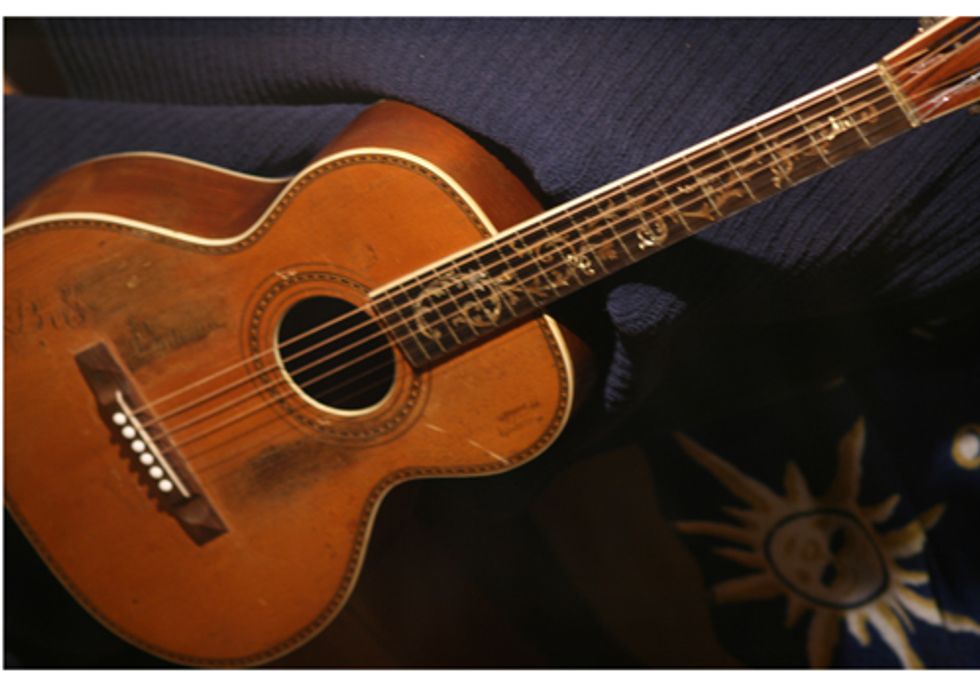
Bruner’s receipt of a small Spanish-style guitar that was later given to Hank Snow is confirmed in Porterfield’s book. Bruner would regret letting go of it. According to Porterfield, a Meridian businessman who learned of Bruner’s “unselfish act” presented him with a Gibson L5. Bruner later referred to the Gibson as "my Jimmie Rodgers guitar."
The Oscar Schmidt that will be on public display isn’t as significant as the Martins but it certainly has a good story to make up for it. You can even see the hole Hank Snow put in the back of the guitar when he bolted it to the wall of his den.
Legacy
No one denies Jimmie Rodgers’ role as the performer whose style begat much of what we listen to today. Gene Autry idolized him. Elvis Presley was a huge fan as was Bob Dylan. It has even been said that blues legend Robert Johnson’s unique style was the result of trying to emulate Rodgers’ riffs unsuccessfully. Rodgers was the first inductee into the Country Music Hall of Fame, an early influence inductee into the Rock ‘n Roll Hall of Fame, the first white person to win the W.C. Handy Blues Award for contributing to the blues and was a National Academy of Popular Music inductee to its Songwriters’ Hall of Fame.
That being said, bringing up the issue of monetary value prompts smiles and chuckles among vintage experts and people associated with the current ownership of these guitars. They are invaluable, although various reports have stated the Martins are worth at least a million a piece. The Martins aren''t going anywhere and according to White, the Oscar Schmidt isn''t either once it gets to the Mountain Music Museum unless the museum itself relocates. White prefers not to discuss what he paid for the Oscar Schmidt back in February.
So on to the bigger question: is one of Jimmie Rodgers’ guitars the most important guitar in American history? According to a C.F. Martin & Co. Inc. press release announcing its Limited Edition 000-45 JR “Blue Yodel” model in 1997, “The original Jimmie Rodgers 000-45 Martin is possibly the most valuable (if not priceless) guitar ever made. Its worth is certainly affected by the fact that it was Jimmie Rodgers'' favorite personal guitar.”
That’s a good point, but whether the 000-45’s fame outweighs the 00-18’s significance at the famous Bristol sessions that launched country music and influenced basicially everything since, is up for debate – a healthy debate that will endure along with Rodgers'' music. In the meantime, both Martins and the Oscar Schmidt are waiting for you to come see them.
For more information:
Country Music Hall of Fame
Jimmie Rodgers Museum
Barter Theatre
Mountain Music Museum

